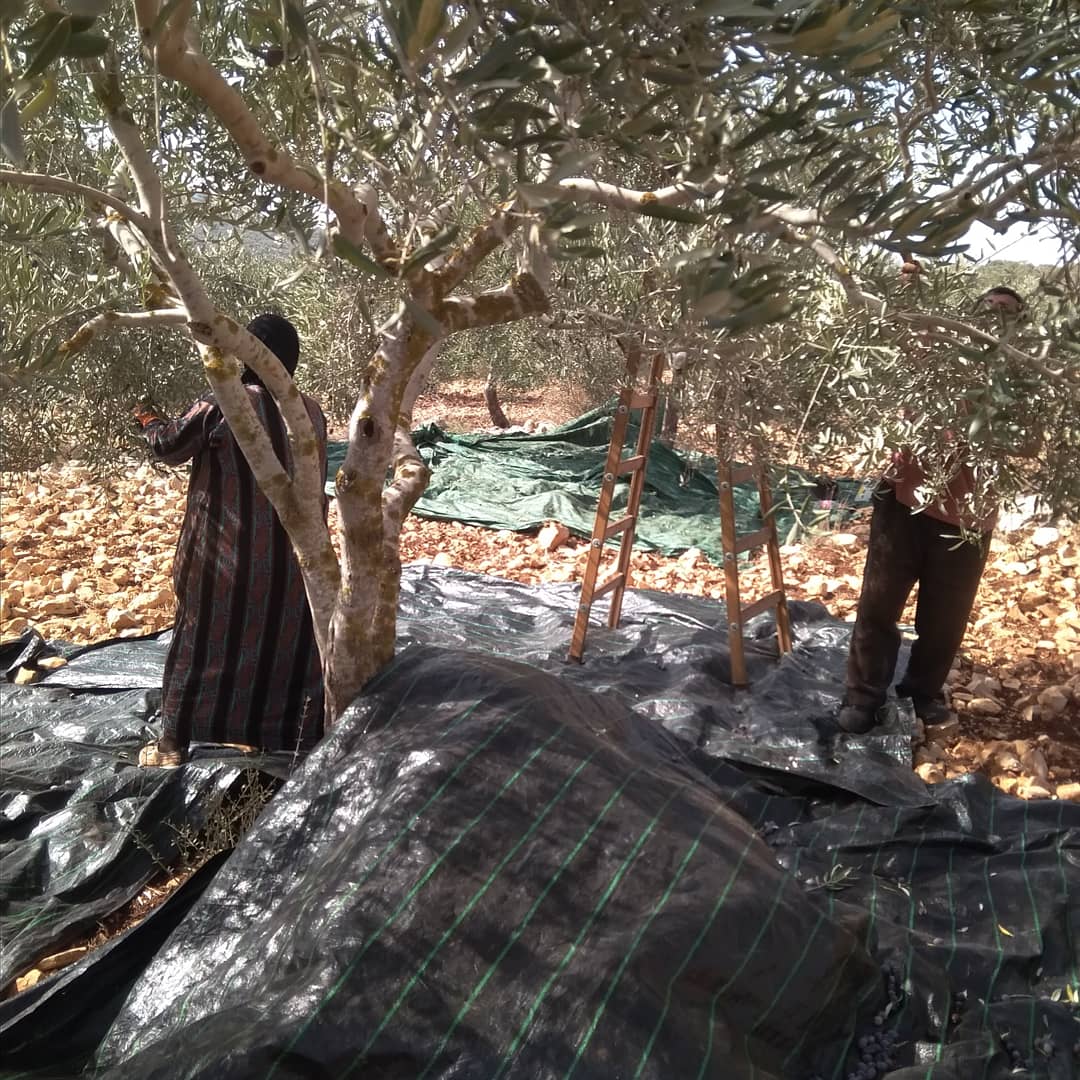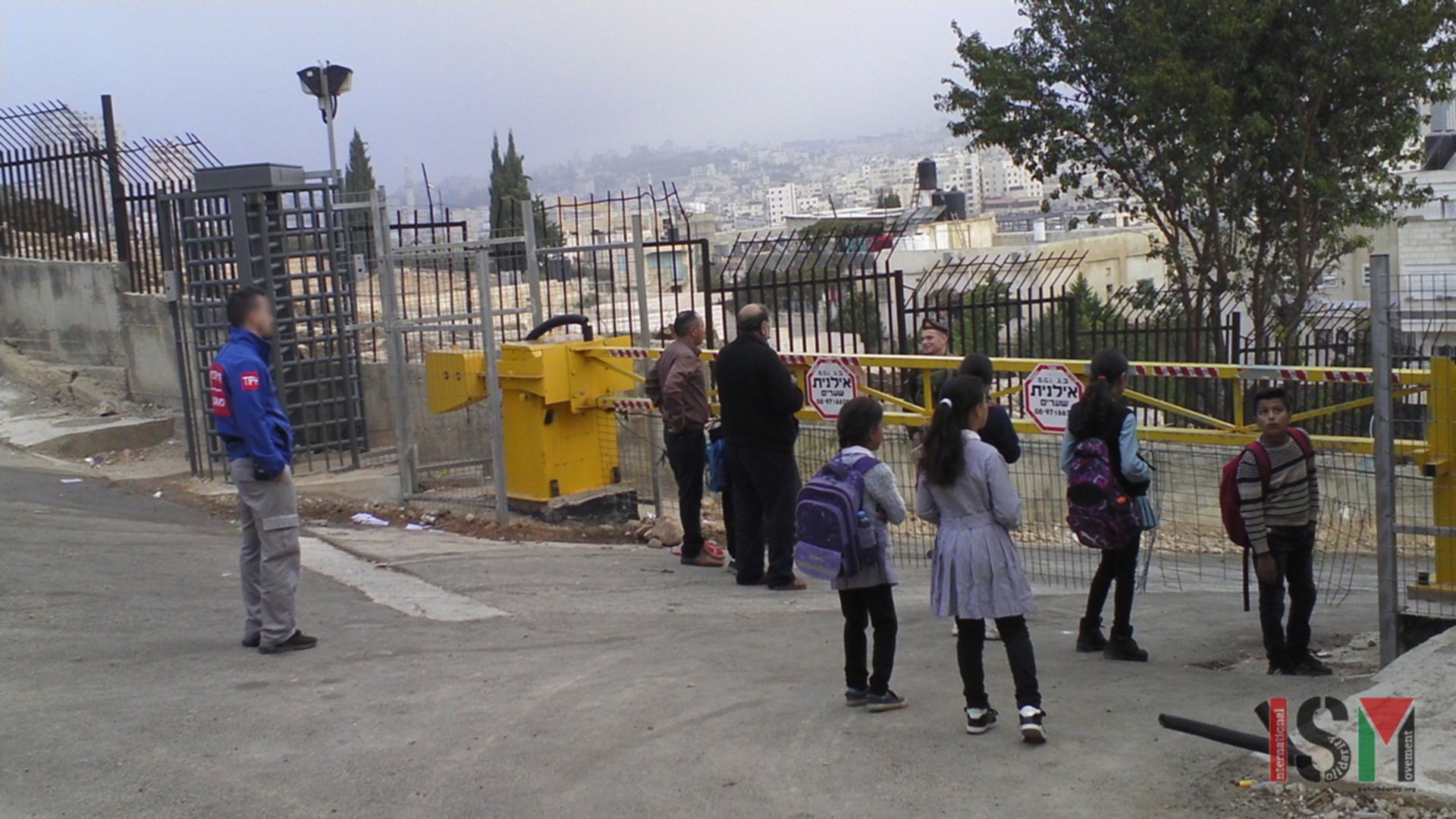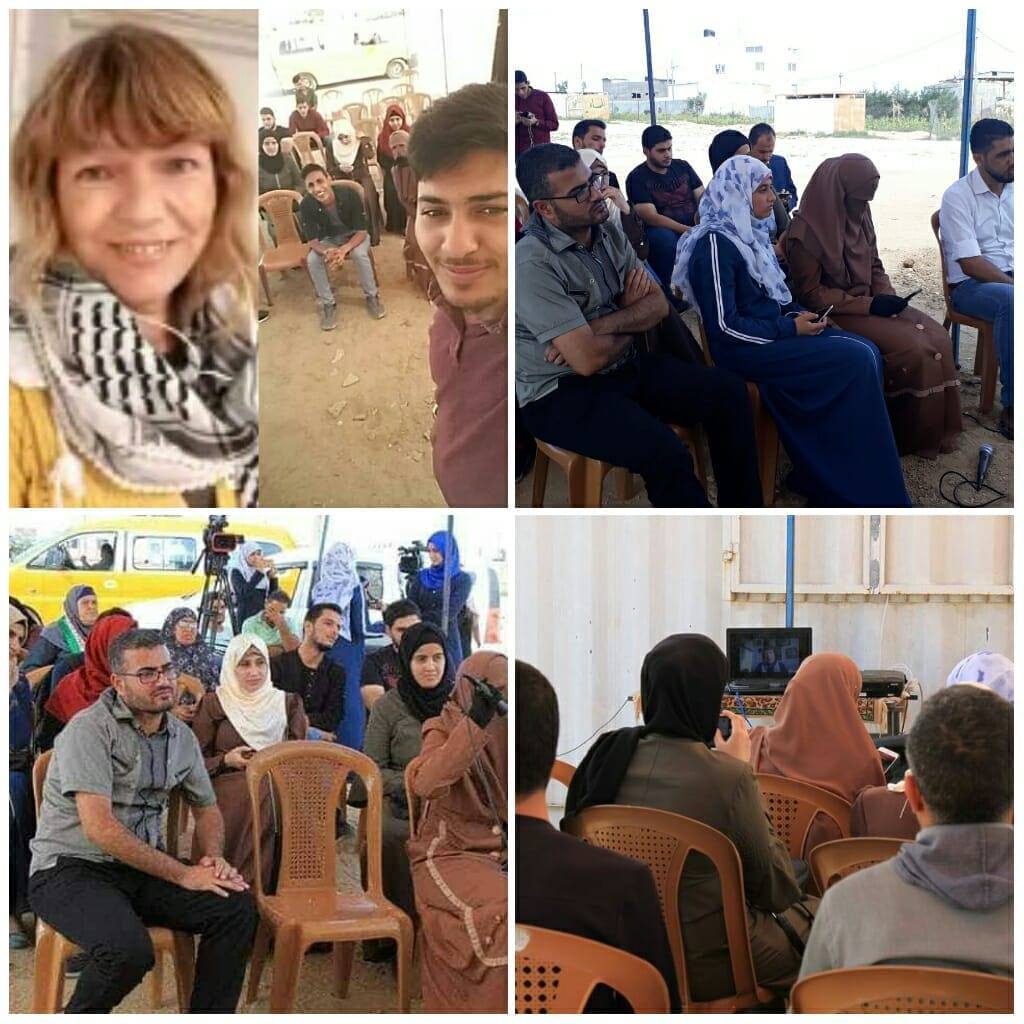Category: Features
-
“They take everything,” explains Bruqin farmer during 2018 olive harvest
October 22, 2018 |International Solidarity Movement | Bruqin, Occupied Palestine ISM volunteers spent the day harvesting olives with farmers in Bruqin village, a day that began with Israeli soldiers confronting the farmer and his family and ordering them to leave their land no later than 5 p.m. Since the harvest workday typically concludes…
-
Residents and schoolchildren blocked at the Tel Rumeida checkpoint for 30 minutes
21st October 2018 | International Solidarity Movement, Al-Khalil Team | Hebron, occupied Palestine This morning, schoolchildren and other passers-by encountered the Eastern Tel Rumeida checkpoint blocked in both directions and had to wait 30 minute to pass it on their way to school or workplace, while a young man was detained inside for 30 minutes.…
-
Israeli and International Activists Join Gazan Protestors in the Great Return March
October 10 2018 | Wafa Aludini, International Solidarity Movement | Gaza, occupied Palestine On the morning of October 10, 2018, ten activists from around the world delivered messages of support to the Great March of Return in the Eastern Gaza Strip via Skype, as a part of a ‘virtual rally’ entitled “Words Over Walls.” The…



